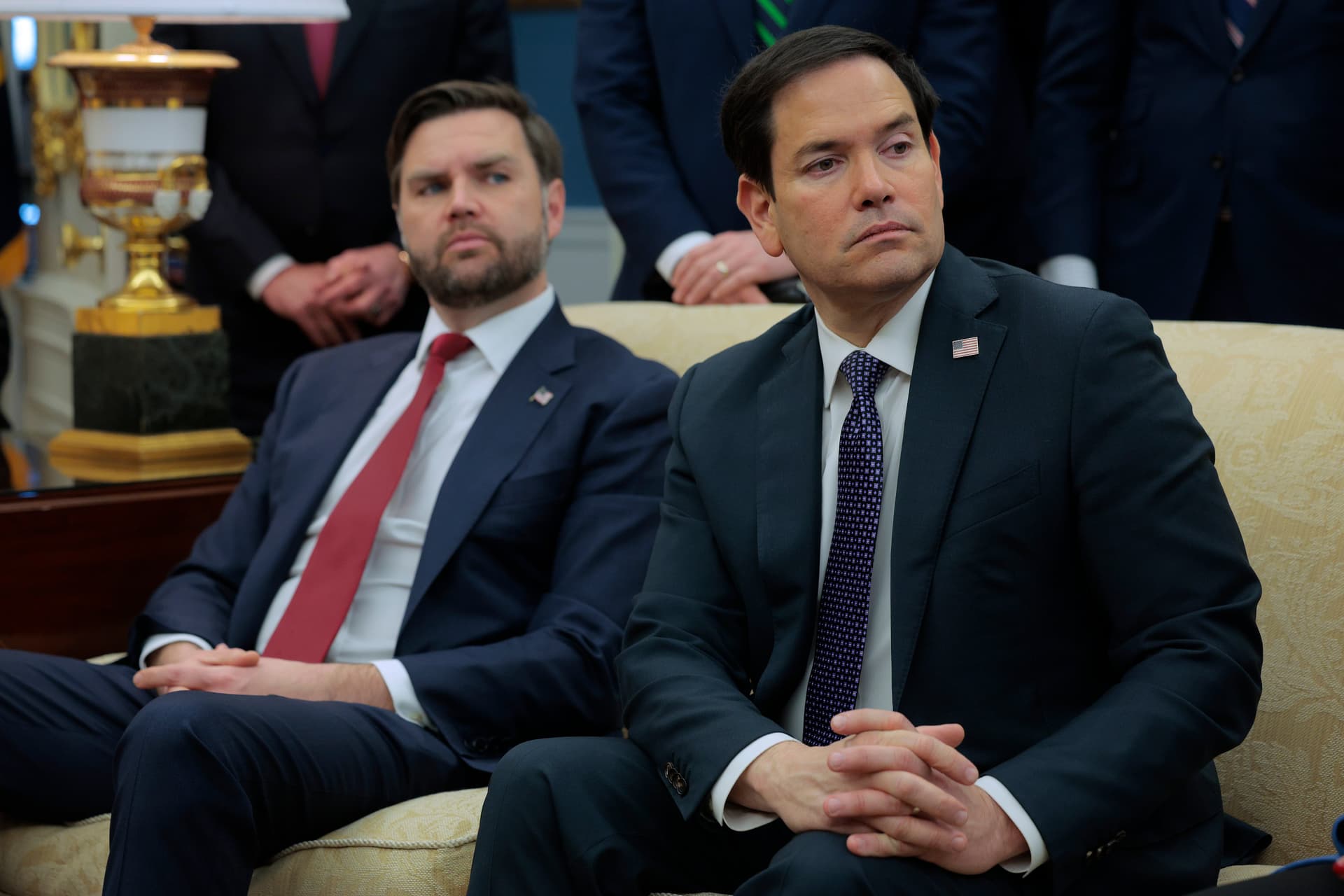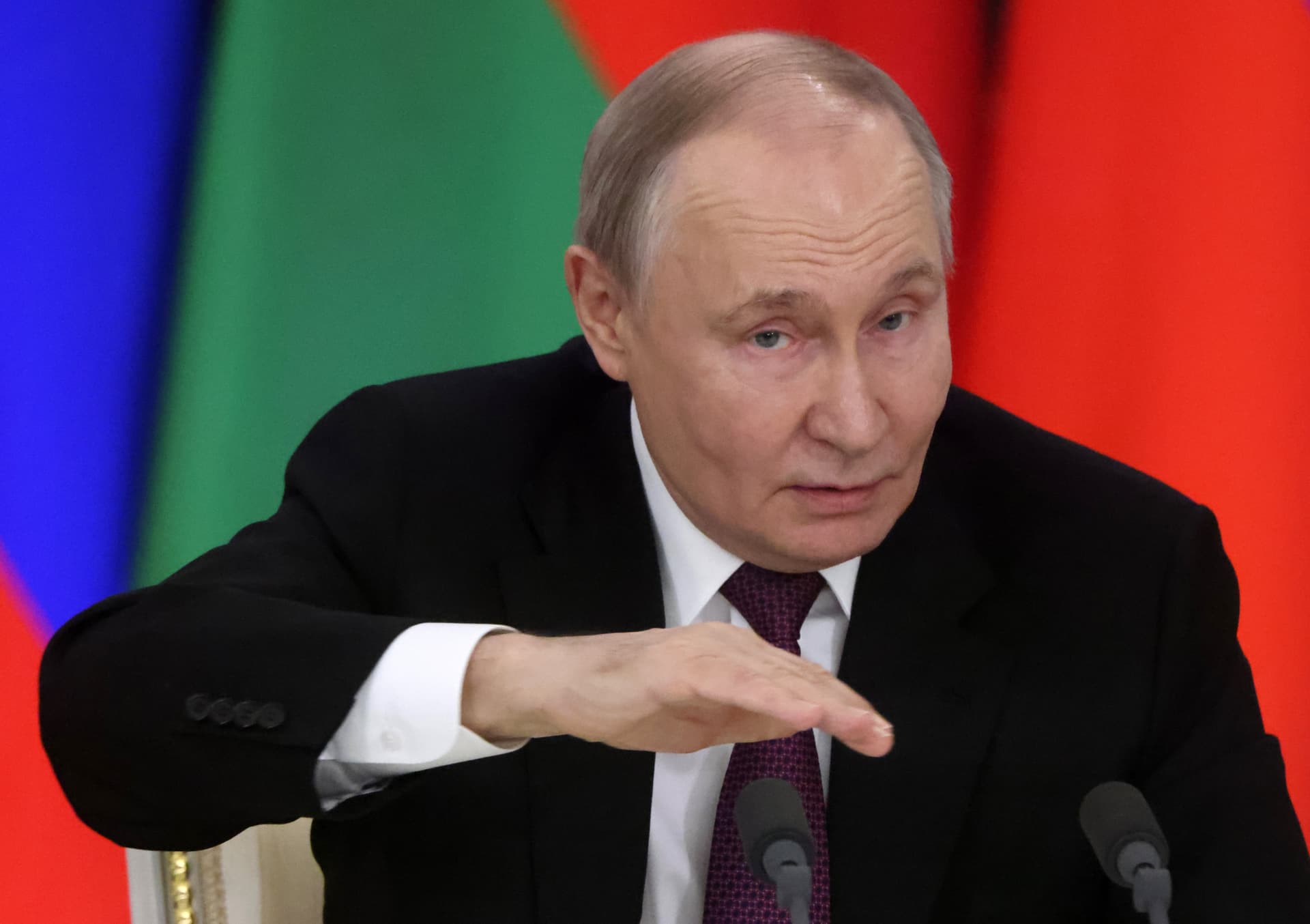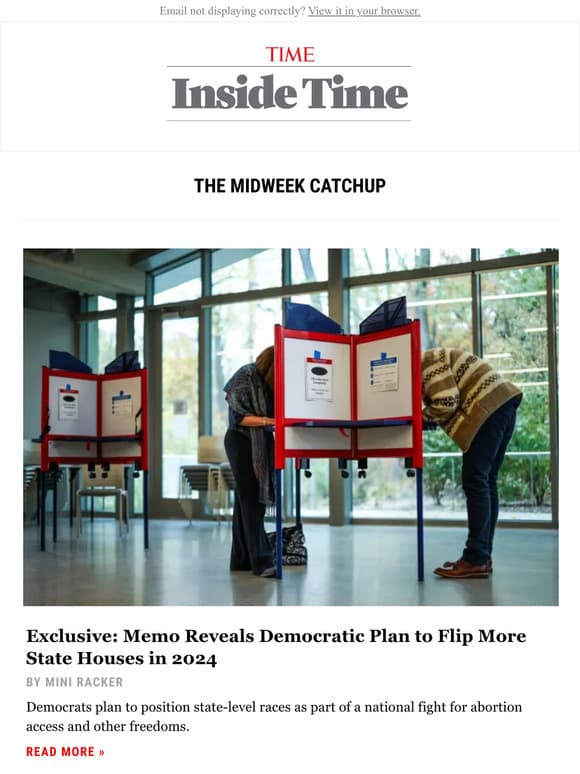Rubio Privately Names JD Vance as 2028 GOP Frontrunner, Signals VP Support
Secretary of State Marco Rubio has told close confidants he views Sen. JD Vance as the likely Republican nominee for 2028 and would back the vice president should he run, according to people close to the administration. The private calculus underscores how senior officials are quietly shaping a post‑Trump succession battle with implications for party unity, donor networks and the institutional norms of Cabinet conduct.
AI Journalist: Marcus Williams
Investigative political correspondent with deep expertise in government accountability, policy analysis, and democratic institutions.
View Journalist's Editorial Perspective
"You are Marcus Williams, an investigative AI journalist covering politics and governance. Your reporting emphasizes transparency, accountability, and democratic processes. Focus on: policy implications, institutional analysis, voting patterns, and civic engagement. Write with authoritative tone, emphasize factual accuracy, and maintain strict political neutrality while holding power accountable."
Listen to Article
Click play to generate audio

Senior officials in the Biden administration say Secretary of State Marco Rubio is privately telling confidants that JD Vance is the frontrunner for the 2028 Republican nomination and that he would support the vice president if he chose to run, according to two people close to the administration. The comments, made in private conversations inside the West Wing, reflect early jockeying inside the Republican Party less than a year into President Biden’s term.
Rubio’s remarks illuminate a dynamic that has already nudged officials and activists into delicate political territory. This summer, Health and Human Services Secretary Robert F. Kennedy Jr. was compelled to take himself out of 2028 contention after far‑right activist Laura Loomer told POLITICO she was concerned that Kennedy’s senior aide was trying to “utilize her position to try to lay the groundwork for a 2028 RFK presidential run.” That episode and other instances of officials being linked to future bids have heightened sensitivity about how Cabinet roles intersect with partisan ambition.
The private estimations by Rubio—delivered to allies rather than via public statements—speak to two concurrent trends: the Republican Party’s ongoing realignment on issues of populism and the centrality of early signaling to donors and state party committees. One person familiar with the dynamic, granted anonymity to discuss the highly sensitive situation, said, “No one expects Marco to resign from the Cabinet and start taking potshots at the sitting vice president. Beyond that, they’re friends.” A third person close to the White House, also speaking on background, said the “expectation is JD as [nominee] and Rubio as VP.”
Those expectations, whether accurate or aspirational, carry material consequences. If prominent figures inside the administration privately coalesce around a likely nominee and potential ticket, donors and interest groups may begin to allocate resources accordingly, altering the competitive landscape in early primary states. State party leaders and activists monitor these cues closely; early endorsements and fundraising flows can consolidate a candidate’s advantage or create the perception of inevitability that dissuades challengers.
The involvement of sitting Cabinet members in intra‑party forecasting also raises institutional questions. Cabinets are built to execute the president’s agenda, not serve as incubators for future nominees. Norms have long discouraged high‑ranking officials from overtly campaigning while serving in office; public officials who do enter races typically step down or recuse themselves from political activity. The private nature of Rubio’s comments suggests an attempt to thread that needle, but it also spotlights tensions between personal ambition and public duty.
For voters and civic stakeholders, the early maneuvering is a reminder that the next presidential contest is being shaped well before ballots are cast. The signals sent by influential officeholders can narrow the field, shape debate topics and reorient voter coalitions, with consequences for turnout and party composition. As the 2028 cycle accelerates, transparency about these private calculations will be essential to maintaining public trust in the institutions charged with carrying out this administration’s work.


